Introduction
The best diet for Keeshond ensures your dog gets balanced nutrition for optimal health.
- Proper nutrition helps maintain their thick coat and overall energy levels
- A diet rich in protein, fats, and essential nutrients is key for Keeshond dogs
- It's important to consider age, activity level, and any health concerns when planning their diet
- Portion control and regular feeding schedules help prevent obesity in Keeshonds
- This guide will help you understand the best food options and nutritional needs for your Keeshond
1. Protein Needs for Keeshond
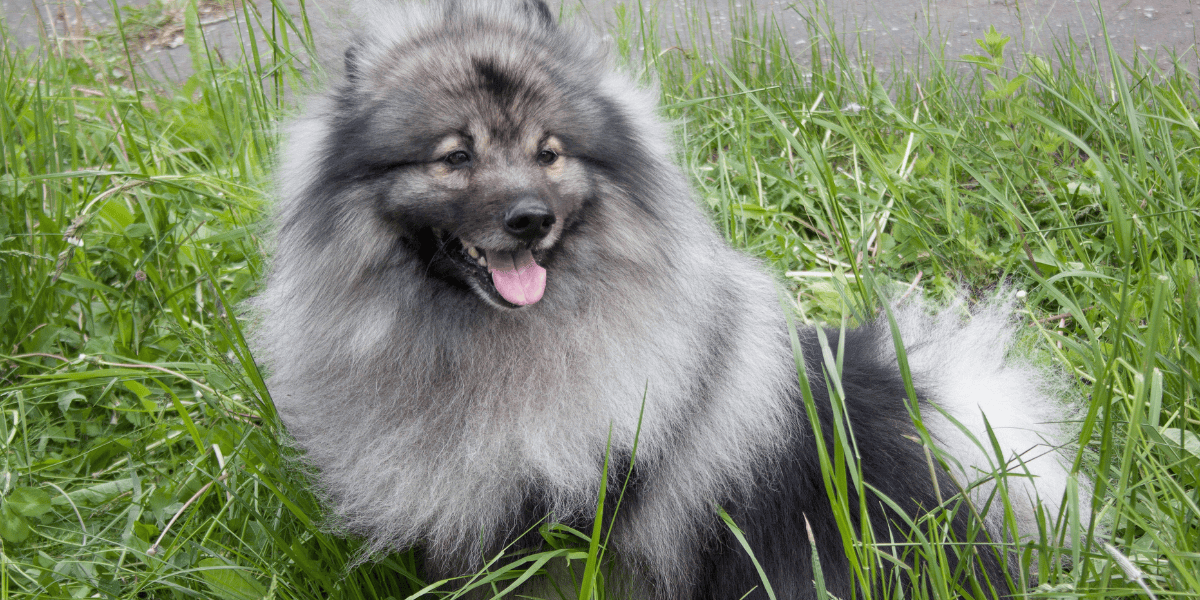
Protein is essential for muscle development and overall health
- Importance: Protein supports muscle growth and tissue repair
- Sources: High-quality proteins include chicken, beef, and fish
- Balance: Ensure the food contains at least 20% protein content
- Puppies: Puppies need more protein than adult dogs for growth
- Seniors: Senior dogs may benefit from moderate protein to maintain muscle
- Wet Food: Wet food often contains more animal-based protein
- Dry Food: Choose high-protein kibble for regular meals
- Supplements: Protein-rich treats can be a good supplement
2. Fat Requirements for Keeshond
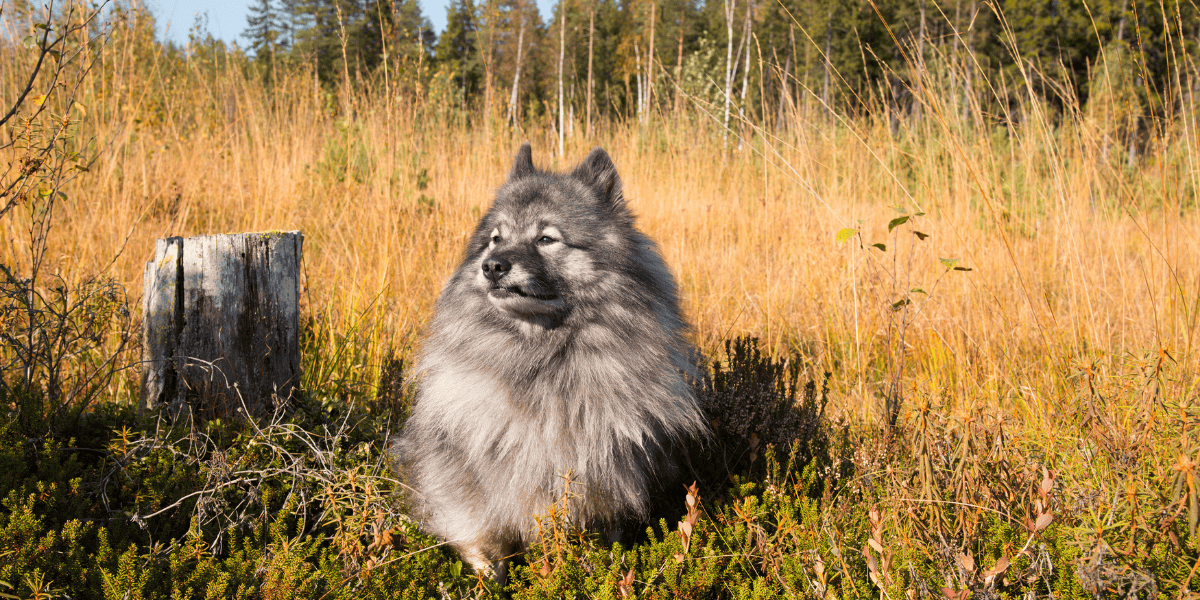
The best diet for Keeshond includes healthy fats to support energy and coat health.
- Function: Fats provide energy and maintain a healthy coat
- Sources: Fish oil, chicken fat, and flaxseed are excellent fat sources
- Omega-3: Omega-3 fatty acids help reduce inflammation and improve skin
- Omega-6: Omega-6 fatty acids help support coat shine and texture
- Balance: A diet should have 8-12% fat content for adult dogs
- Puppies: Growing puppies may need slightly more fat for energy
- Seniors: Older Keeshonds may benefit from lower fat to prevent weight gain
- Supplements: Fish oil supplements can boost fat intake
3. Carbohydrate Needs for Keeshond
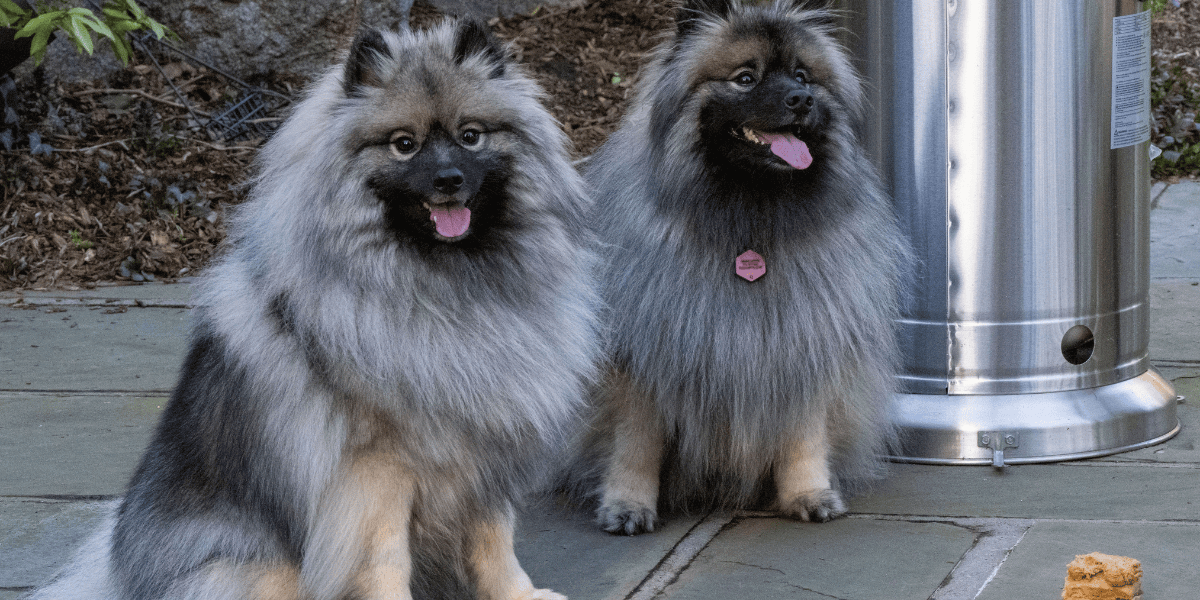
Carbohydrates provide energy and support digestive health in Keeshonds.
- Energy Source: Carbs provide quick energy for active Keeshonds
- Sources: Brown rice, sweet potatoes, and oats are good carb sources
- Digestibility: Choose easily digestible carbs to prevent stomach issues
- Whole Grains: Whole grains are healthier and provide more fiber
- Portion Control: Limit carbs to avoid excessive weight gain
- Grain-Free: Consider grain-free options if your dog has allergies
- Fiber: A diet with sufficient fiber promotes healthy digestion
- Balance: Carbs should make up about 30% of your dog's diet
4. Vitamins and Minerals for Keeshond

The best diet for Keeshond includes essential vitamins and minerals for overall health.
- Importance: Vitamins and minerals support immune system and bone health
- Vitamin A: Supports eye health and a strong immune system
- Vitamin D: Helps with calcium absorption and bone development
- Calcium: Important for strong bones and teeth
- Phosphorus: Works with calcium to maintain bone health
- Magnesium: Supports energy production and muscle function
- Zinc: Keeps the coat healthy and boosts immune response
- Supplements: Consider a multivitamin supplement if needed
Discover top supplements to enhance your Keeshond's health in our Guide to German Shorthaired Pointers Nutrition.
5. Hydration for Keeshond
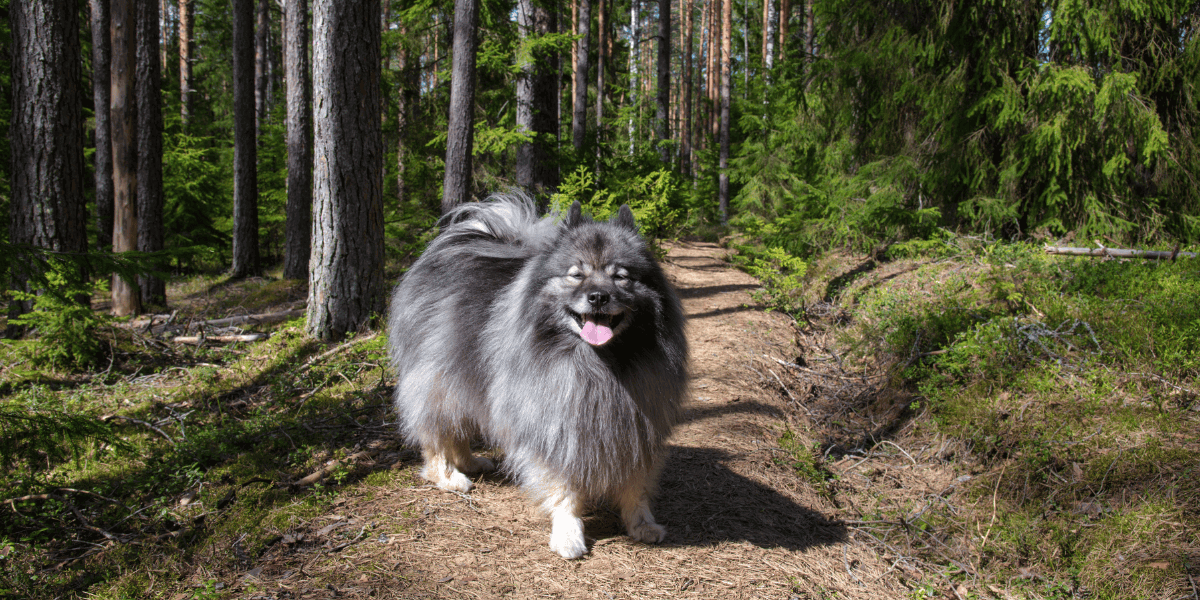
Proper hydration is essential to keep your Keeshond healthy and active.
- Water Needs: Fresh water is crucial to maintain hydration
- Wet Food: Wet food can help increase water intake
- Dry Food: Dry kibble requires access to plenty of water
- Signs of Dehydration: Look for lethargy and dry gums as dehydration signs
- Puppies: Puppies need constant access to fresh water
- Exercise: Ensure your Keeshond has water during and after exercise
- Seniors: Older dogs may need more water due to health issues
- Environment: Increase water intake during hot weather
6. Feeding Schedule for Keeshond
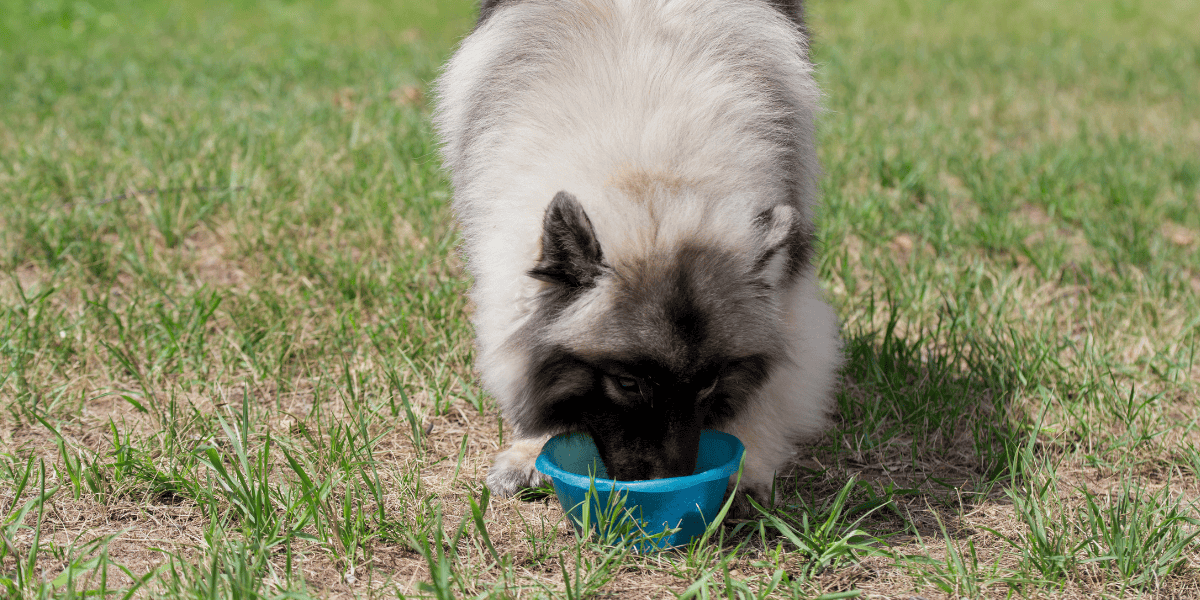
The best diet for Keeshond includes a consistent feeding schedule for optimal health.
- Frequency: Feed adult Keeshonds twice daily for balanced energy
- Puppies: Puppies require three to four meals per day
- Seniors: Senior dogs may need smaller, more frequent meals
- Portion Control: Use measuring cups to avoid overfeeding
- Consistency: Feed at the same time each day to promote routine
- Treats: Limit treats to 10% of daily caloric intake
- Transitioning Foods: Gradually switch foods to avoid digestive issues
- Monitoring: Watch your dog’s weight to adjust portions as needed
Learn how a proper feeding schedule can aid in preventing hip dysplasia, as discussed in Hip Dysplasia in Bernese Mountain Dog.
7. Keeshond-Specific Food Recommendations
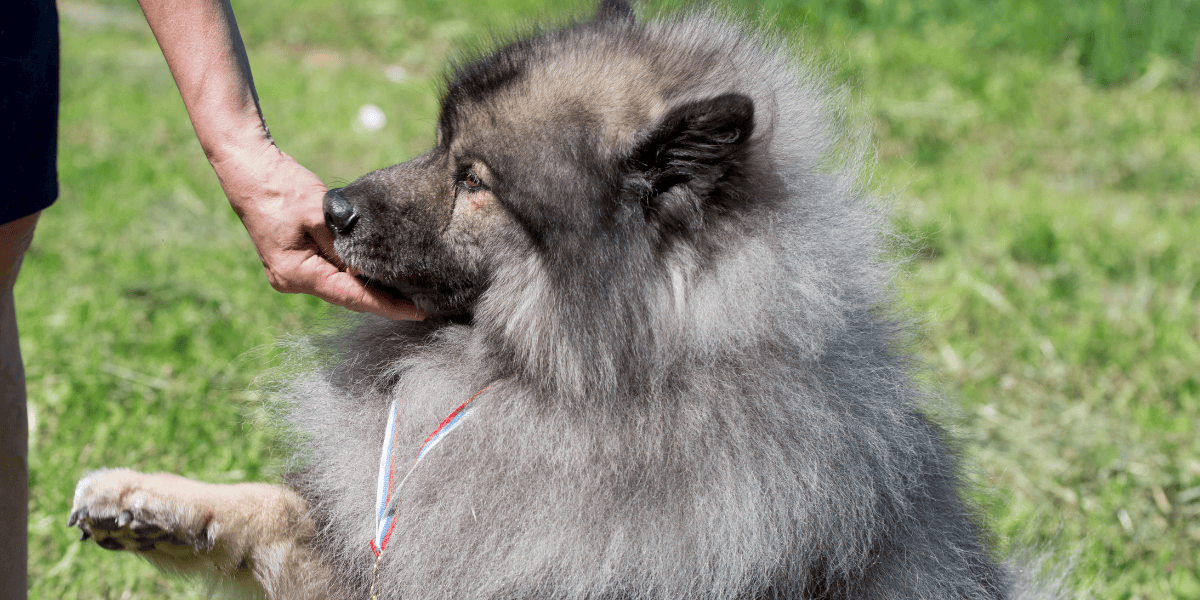
Choosing the right food ensures your Keeshond gets balanced nutrition.
- Dry Kibble: High-quality kibble designed for medium breeds works well
- Wet Food: Choose wet food with high protein and limited fillers
- Grain-Free Options: Ideal for dogs with grain allergies or sensitivities
- Natural Ingredients: Opt for foods with no artificial preservatives or flavors
- Puppy Formula: Choose a puppy-specific formula for growing Keeshonds
- Senior Formula: Senior Keeshonds benefit from low-fat, joint-supporting formulas
- Homemade Diet: Consult a vet before preparing homemade meals
- Raw Diet: A raw diet may be beneficial but requires careful planning
Explore Keeshond-specific food recommendations inspired by The Healthiest Diet for a German Shepherd Dog.
FAQs
1. How much food should I feed my Keeshond according to the best diet for Keeshond?
- Feed adult Keeshonds 1.5 to 2.5 cups of food per day, depending on weight
2. Can I give my Keeshond human food based on the guide?
- Some human foods like lean meats and vegetables are safe, but avoid toxic foods
3. Is grain-free food necessary for Keeshonds?
- Only if your dog has a grain allergy; otherwise, whole grains are beneficial
4. How do I know if my Keeshond’s diet is balanced?
- Look for a healthy coat, stable weight, and consistent energy levels
5. Should I give my Keeshond vitamin supplements?
- Only if your vet recommends supplements for specific health concerns
6. How often should I change my Keeshond’s food?
- Change food gradually over 7-10 days, especially if switching to new formulas
7. What are the best treats for Keeshonds?
- Opt for natural, low-calorie treats like small pieces of meat or veggies
Conclusion
- The best diet for Keeshond supports a healthy, active, and happy life for your dog
- Ensure your dog gets the right amount of protein, fats, and carbs
- Fresh water is essential for hydration, especially during exercise
- Feed your Keeshond on a regular schedule to manage portion control
- Consider supplements if recommended by your vet for specific health needs
- Always consult your vet before making any major changes to your diet
- Provide natural treats and monitor your dog’s weight to avoid obesity




